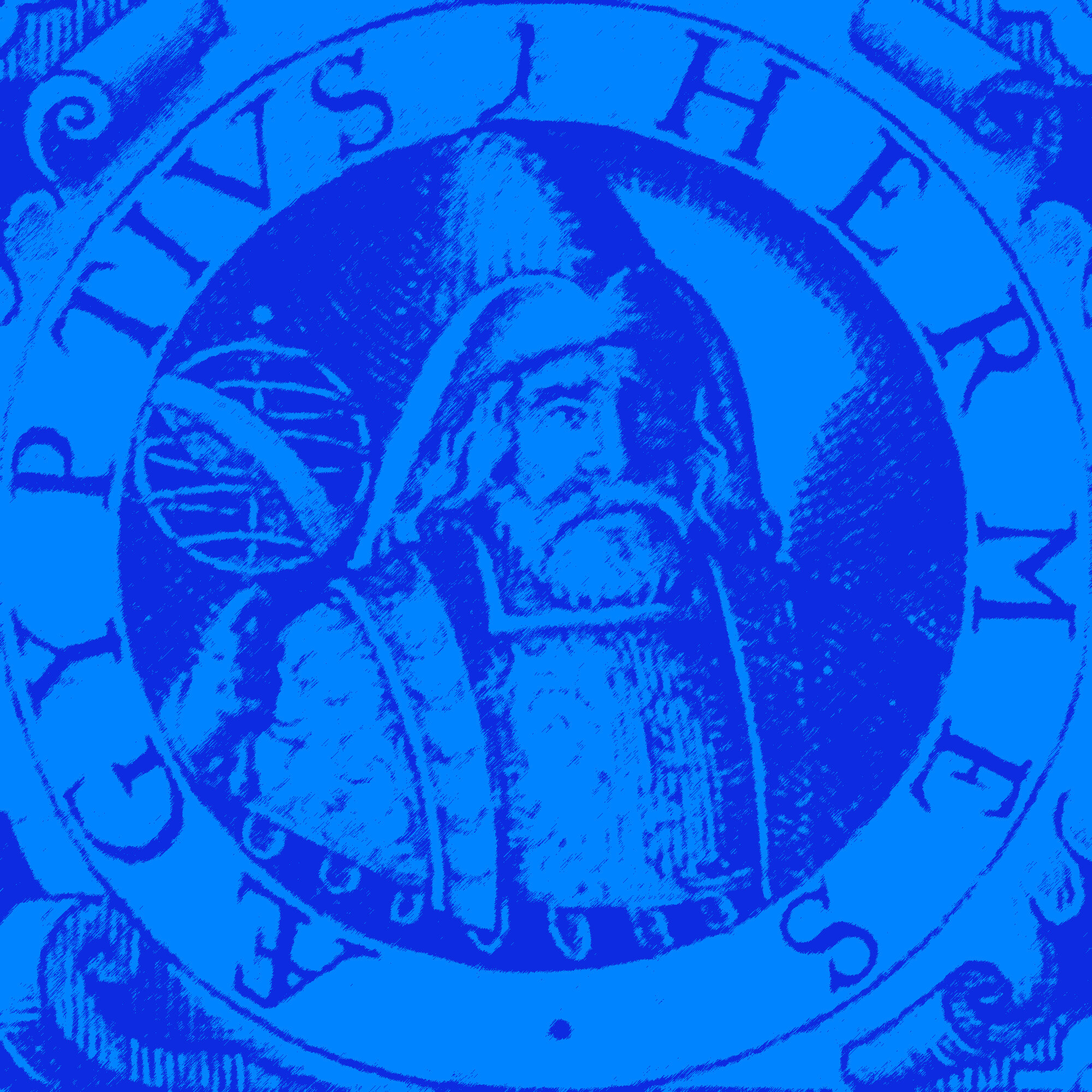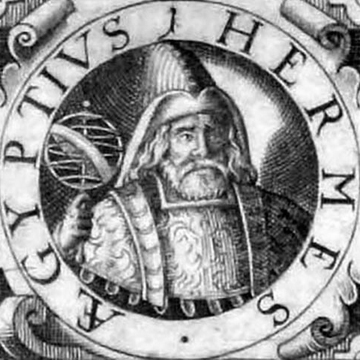
“Philosophy is nothing else than striving through constant contemplation and saintly piety to attain knowledge of God.”
― Hermes Trismegistus
HERMES TRISMEGISTUS
A Curated Selection Of Enlightened Works
Hermes Trismegistus, meaning “thrice-greatest Hermes,” is the legendary figure credited with authoring the Hermetic Corpus, a collection of sacred texts foundational to Hermeticism. Emerging in Hellenistic Egypt, he represents a syncretic fusion of the Greek god Hermes, associated with communication and interpretation, and the Egyptian god Thoth, revered as the deity of wisdom, writing, and knowledge.
The interpretatio graeca—the Greek practice of identifying their gods with those of other cultures—united Hermes and Thoth into a single divine figure. Worship of this composite deity was centered in Hermopolis, once a temple of Thoth. Over time, other wise men and deified figures such as Imhotep, Amenhotep, and Teôs were also linked to Thoth-Hermes, deepening his associations with learning, medicine, and sacred knowledge.
The epithet “Trismegistus,” or “thrice-greatest,” reflects his supreme authority in philosophy, theology, and natural science. The texts attributed to him, the Hermetica, cover cosmology, astrology, medicine, alchemy, and spiritual philosophy. They emphasize divine unity, the correspondence between the macrocosm and microcosm, and the possibility of human ascent to gnosis—the direct experience of the divine.
Although Hermes Trismegistus is not found in early Greek sources, by late antiquity his writings were revered as sources of hidden wisdom. Translated into Latin and Arabic, they influenced Christian mysticism, Islamic philosophy, Jewish Kabbalah, and the Renaissance esoteric revival. Thinkers such as Marsilio Ficino, Giordano Bruno, and later Rosicrucians and alchemists regarded him as a primordial sage, a keeper of ancient wisdom bridging Greek and Egyptian traditions.
While historians now view Hermes Trismegistus as a mythical figure rather than a historical person, his symbolic role as the archetypal teacher of esoteric knowledge remains powerful. His legacy continues through Hermeticism, a tradition that has inspired philosophers, mystics, alchemists, and seekers for centuries.









